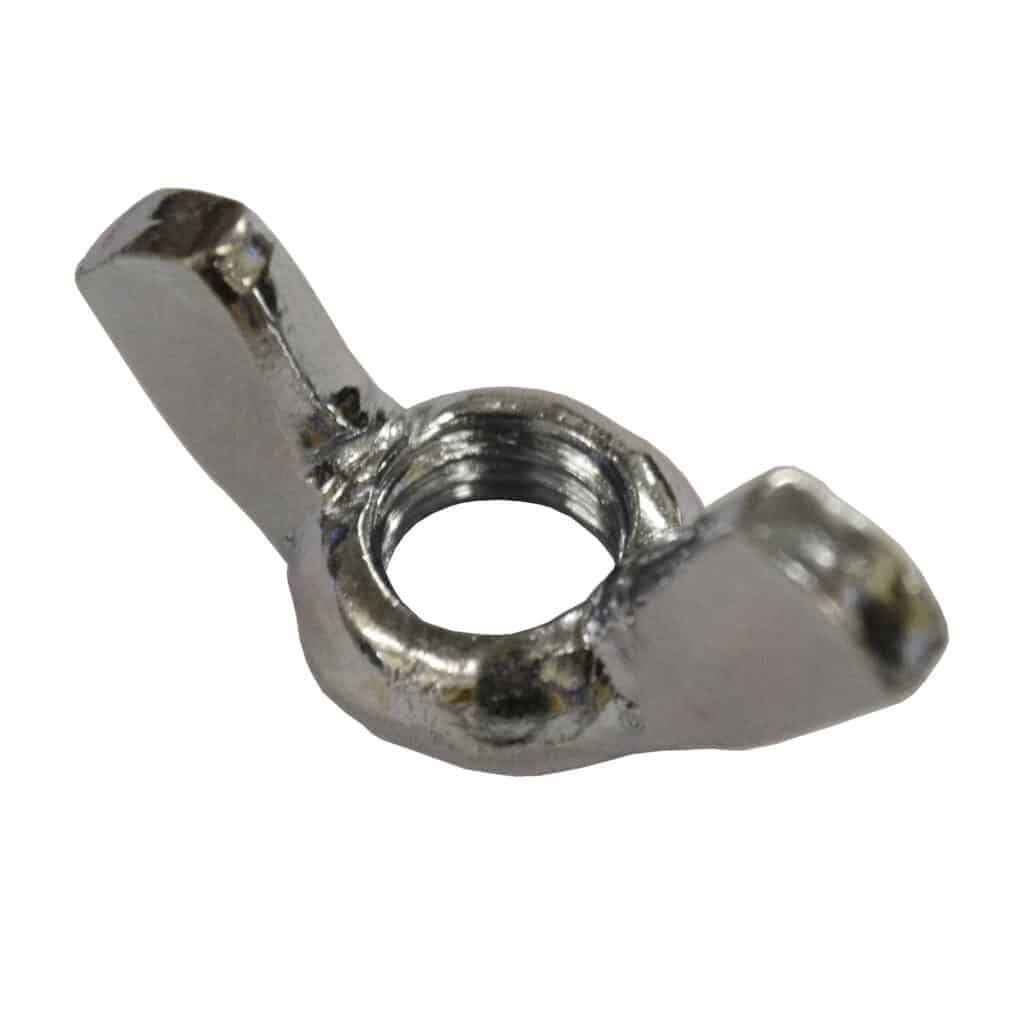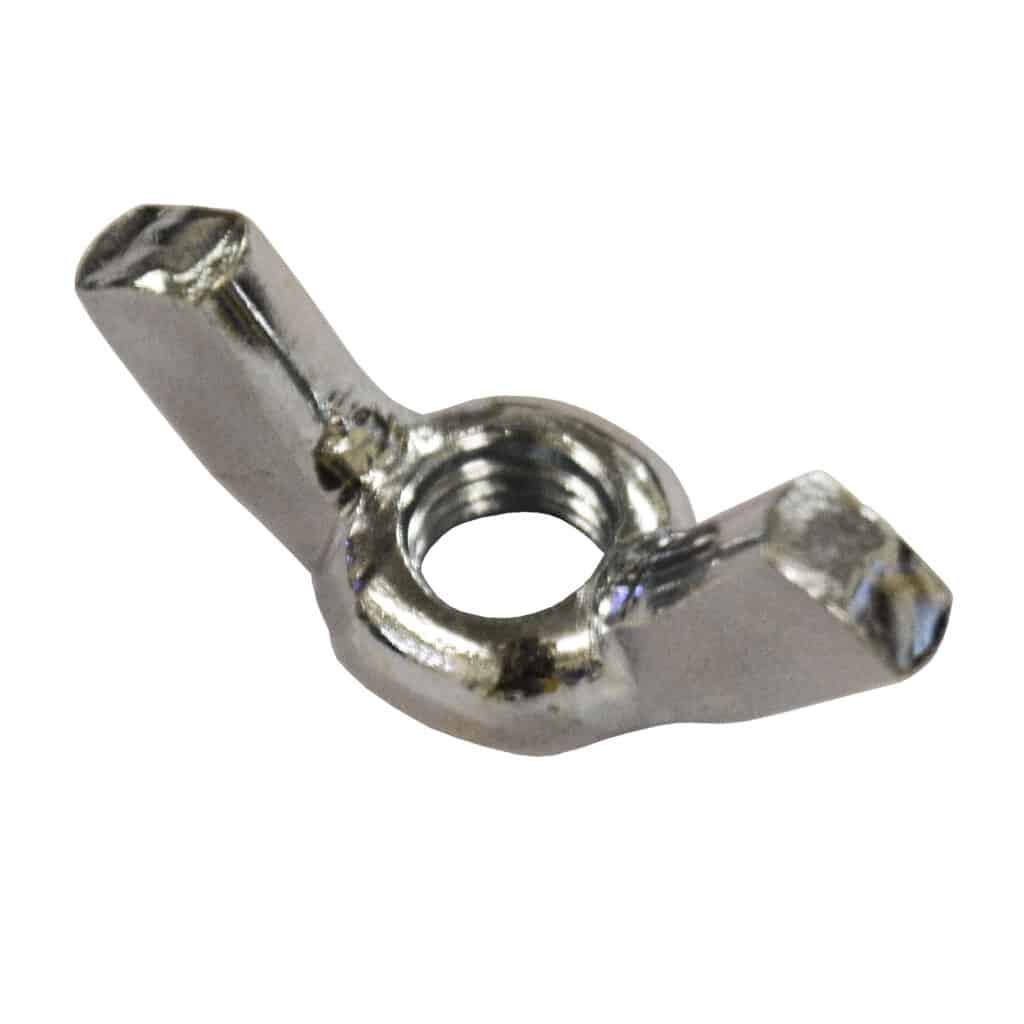- Massive Range
- FREE UK Delivery
- Rapid Dispatch
- Massive Range
- FREE UK Delivery
- Rapid Dispatch
- Massive Range
- FREE UK Delivery
- Rapid Dispatch
£11.99 – £21.99Price range: £11.99 through £21.99 inc VAT


This website is secured:

Have you been in need of a sturdy and reliable washer that can stand the test of time? Look no further! Speciality Metals presents to you the M8 penny washer, made from high-grade stainless steel 304. This washer is everything you’d want in a fastener: durable, versatile, low maintenance and has excellent hygienic properties. The cherry on top? It is highly corrosion-resistant and securely holds things together. Whether you’re a DIY enthusiast or a professional builder, the M8 penny washer is the answer to all your fastening needs. Trust us, this is worth investing in!
These top quality M8 penny washer are for metric bolts and screws. They are supplied straight from Warrington, UK.
Apart from our extensive range of penny washers, Speciality Metals stocks a variety of both standard fasteners and specialist fasteners, including both steel and stainless steel fasteners, nuts and bolts, screws and steel washers.
We ensure that we offer a comprehensive range which meets the needs and requirements of each and every one of our customers, whether you are looking for standard washers or something a little more unusual.
It is crucial to find the right parts when repairing stainless steel structures. This is where Speciality Metals’ M8 penny washer comes in. This versatile washer is made of 304 grade stainless steel, which is low maintenance and hygienic, making it a perfect choice for a variety of applications. Furthermore, corrosion-resistant properties make it a reliable and cost-effective option for any job because it is durable and long-lasting. Whether you’re repairing a commercial kitchen or a residential plumbing system, M8 penny washers are an essential part of the process. Specialty Metals produces enduring components made from quality materials.
Among austenitic stainless steels, type 304 is the most versatile and widely used due to its chromium-nickel content and low carbon content. These alloys are all modified forms of the 18% chromium, 8% nickel austenitic alloy. Type 304 stainless steel is great for using in many DIY projects as it is resistant to oxidation and corrosion.
Penny washer is one of the most common washers used over the world.
Key product details:
Speciality Metals is known to be the United Kingdom’s best up-and-coming small-quantity metal company.
Furthermore we stock a vast range of plain wire mesh and perforated metal options that compliment our sheet metal range perfectly.
Over 50,000 customers of Specialty Metals are provided with fast, friendly customer service every year. We’re the place to try when you need metal of any shape and size. We’re based in Warrington, UK. We pride ourselves on our rapid turnaround and a large range of options.
Stainless steel repair penny washers can generally be used in acidic environments due to the corrosion-resistant properties of stainless steel. However, the corrosion resistance of stainless steel can vary based on the specific grade of stainless steel and the concentration and type of acid present in the environment.
Both 304 and 316 grades of stainless steel offer good resistance to a wide range of acids, especially at moderate concentrations and temperatures. However, more aggressive acids or highly concentrated solutions can still potentially corrode stainless steel over time.
If you are considering using stainless steel repair penny washers in an acidic environment, it’s important to consult a corrosion resistance chart or a materials specialist to determine the compatibility of the specific grade of stainless steel with the type and concentration of acid in the environment. Additionally, regular inspection and maintenance may be necessary to ensure the long-term performance of the washers in acidic conditions.
Using stainless steel repair penny washers in structural applications is generally not recommended. Penny washers, also known as fender washers, are flat, circular washers with a larger outer diameter compared to the inner hole. They are often used to distribute the load of a screw or bolt over a larger surface area and prevent damage to the material being fastened. However, they are not designed or tested for structural load-bearing applications.
When it comes to structural applications, such as supporting significant weight or providing stability to a structure, it’s important to use components that are specifically designed and tested for those purposes. Structural applications require careful engineering and consideration of factors like load-bearing capacity, material strength and safety regulations.
Stainless steel itself can be a suitable material for structural applications due to its corrosion resistance and durability. However, using repair penny washers in these applications could compromise the safety and integrity of the structure. Structural washers, which are designed and tested for load-bearing purposes, should be used instead. These washers are engineered to provide the necessary strength and stability for structural connections.
Stainless steel repair penny washers, like many other stainless steel components, do not have a specific shelf life in the same way that perishable or chemically reactive materials might. Stainless steel is known for its durability and resistance to corrosion, which helps it maintain its integrity over a long period of time.
However, there are a few factors that can influence the condition of stainless steel washers over time:
Corrosion Resistance: Stainless steel is chosen for applications where corrosion resistance is important. The type and grade of stainless steel used in the washers, as well as the conditions in which they are stored, can affect their corrosion resistance. In harsh environments, such as areas with high humidity, salt exposure or acidic substances, stainless steel can corrode over time. Regular cleaning and proper maintenance can help mitigate this.
Environmental Factors: The environment in which the stainless steel washers are stored can impact their condition. Exposure to extreme temperatures, moisture, chemicals and other factors can potentially degrade the material over time.
Manufacturing Quality: The quality of the stainless steel washers can vary based on manufacturing processes and standards. High-quality washers made from well-selected stainless steel grades and manufactured with precision tend to have better longevity.
Proper Storage: Storing stainless steel washers in a dry, clean and protected environment can help prevent damage and corrosion. Using appropriate storage methods, such as keeping them in sealed containers or packaging, can help maintain their condition.
Using stainless steel repair penny washers in contact with other metals is generally acceptable in many applications. Stainless steel is known for its corrosion resistance, and it often forms a passive oxide layer on its surface that helps protect it from reacting with other metals and environments. However, there are some considerations to keep in mind:
Galvanic Corrosion: Galvanic corrosion can occur when two different metals come into contact in the presence of an electrolyte (such as moisture or saltwater). This can lead to accelerated corrosion of the less noble metal. Stainless steel is often less prone to galvanic corrosion when in contact with most common metals due to its nobility on the galvanic scale. Still, in critical applications or harsh environments, it’s a good idea to consult corrosion charts or experts to ensure compatibility.
Electrolyte Exposure: The presence of electrolytes, such as saltwater or acidic solutions, can increase the likelihood of galvanic corrosion. If the application involves exposure to such environments, it’s important to choose appropriate materials and assess the risk of corrosion.
Crevice Corrosion: Stainless steel can be susceptible to crevice corrosion when there are small gaps or crevices where moisture or debris can accumulate. In some cases, using isolating materials like plastic or rubber gaskets between dissimilar metals can help reduce the risk of crevice corrosion.
Coating or Insulation: In situations where potential for galvanic corrosion is a concern, using insulating materials or coatings between the stainless steel washer and the other metal can be considered.
Environmental Conditions: The specific environment in which the metals will be in contact can play a significant role in their compatibility. High humidity, temperature fluctuations and exposure to chemicals can all impact the potential for corrosion.
Yes, stainless steel repair penny washers can be recycled. Stainless steel is a highly recyclable material that retains its properties through the recycling process, making it a valuable resource for sustainability efforts. Recycling stainless steel helps conserve natural resources, reduce energy consumption and decrease the environmental impact of manufacturing new materials.
Here’s how stainless steel recycling typically works:
Collection: Stainless steel items, including repair penny washers, are collected from various sources, such as scrap yards, recycling centers and households.
Sorting: The collected stainless steel items are sorted based on their type and grade. Different types of stainless steel alloys have varying compositions, which can affect their properties and potential uses.
Processing: The sorted stainless steel items are then processed to remove any contaminants, such as coatings, paint or other non-metallic substances. This often involves shredding or cutting the items into smaller pieces.
Melting: The processed stainless steel pieces are melted down in furnaces. The molten stainless steel is then cast into new products, such as sheets, bars, pipes and other components.
Manufacturing: The recycled stainless steel is used to produce a wide range of products, including appliances, automotive parts, construction materials and more.
Recycling stainless steel offers several benefits:
Energy Savings: Recycling stainless steel requires less energy compared to producing it from raw materials. This energy savings contributes to reduced greenhouse gas emissions.
Resource Conservation: Recycling helps conserve the natural resources required for stainless steel production, such as iron ore and chromium.
Waste Reduction: By recycling stainless steel, less waste ends up in landfills or incinerators.
Economic Benefits: Recycling stainless steel supports the recycling industry and can create job opportunities.
Environmental Impact: Recycling reduces the need for new mining and extraction of raw materials, which can lead to habitat destruction and pollution.
When recycling stainless steel or any material, it’s important to follow local recycling guidelines and regulations.
Check out our recent article ‘Penny Washers: What They Are and Why They’re Essential in DIY Projects‘ for a deeper dive into penny washers. Our goal for our blogs and help guides is to answer as many questions as possible to help to explain the possibilities of mesh to our customers.
We are also very proud of our ever expanding YouTube channel.
Contact us today if you have any questions at all. We are always really keen to help in any way that we can.
We are also very proud of our highly popular eBay store, check us out there too.
Thank you for checking out our product.
£11.99 – £12.99Price range: £11.99 through £12.99 inc VAT
£11.99 – £12.99Price range: £11.99 through £12.99 inc VAT

£11.99 – £12.99Price range: £11.99 through £12.99 inc VAT

£11.99 – £12.99Price range: £11.99 through £12.99 inc VAT